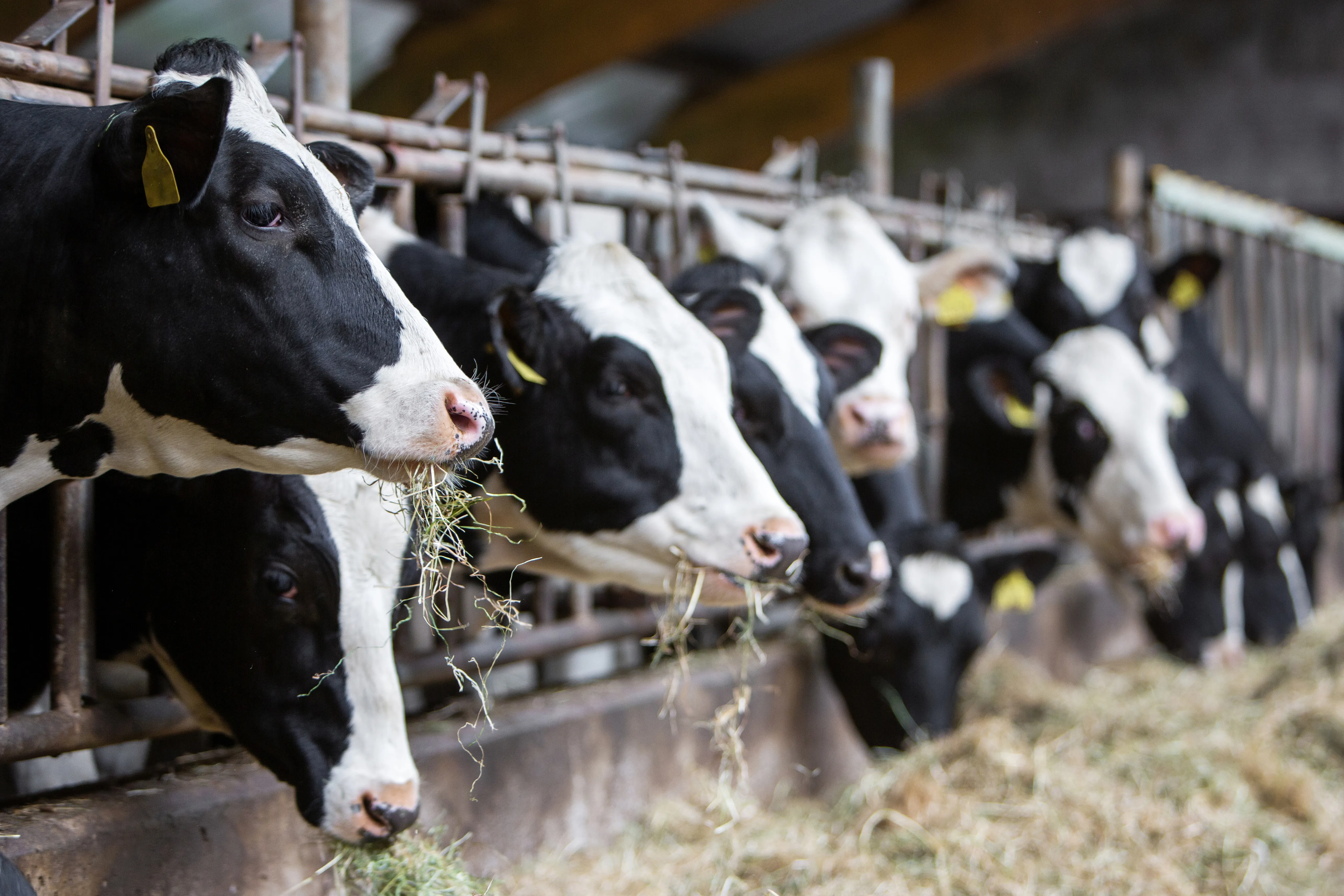
Daily Audio Newscast - June 9, 2025
© AlexLMX - iStock-823000260
Six minutes of news from around the nation.
National Guard arrives in Los Angeles as fallout from immigration raids continues; Colorado jumps up five spots to 12th nationally for child wellness; Expert: Michiganders could pay millions to support outdated coal plant.
Transcript
♪♪
The Public News Service Daily Newscast, June 9, 2025.
I'm Mike Clifford.
California National Guard troops arrived in L.A.
Sunday in a show of force following scattered clashes between immigration agents and protesters and amid a widening political divide between California and the Trump administration.
That from the "L.A. Times."
They report the move by President Trump to activate nearly 2,000 guardsmen marked the first time since 1965 that a president has deployed a state's National Guard without a request from the state's governor.
The decision met with stern rebukes from the state and local officials, including Governor Gavin Newsom, who said the deployment was not to meet an unmet need, but to manufacture a crisis.
Next to Colorado, a state that's moved up five spots to 12th among states in the 2025 Kids Count Data Book, released today by the N.E. Casey Foundation.
Colorado has solid scores for education, health care, and for family and community indicators, including low teen birth rates.
But families continue to face economic challenges largely driven by a lack of affordable housing.
Maya Gould with Colorado Children's Campaign says this year's data show more work needs to be done to ensure all kids can thrive.
Children in Colorado have a particularly high housing cost burden. 31 percent of kids are living in households where the parents have to pay 30 percent or more of their income to afford rent.
While Colorado kids are doing better in school when compared to their peers in other states, students' scores were lower than last year. 64 percent of fourth graders are not proficient in reading, and nearly 70 percent of eighth graders are not proficient in math.
I'm Eric Galatas.
And Michigan taxpayers banned up-footing the bill to keep an aging coal plant open.
The G.H. Campbell plant was scheduled to close May 31st, but a last-minute order from the Department of Energy is forcing it to stay open.
The owner of the plant, Consumers Energy, says it wants the facility shuttered, but its hands are tied.
Dennis Womstead, energy analyst with the Institute for Energy Economics and Financial Analysis, says the Trump administration can use the Federal Power Act to force aging coal plants to stay open under emergency conditions.
A really severe winter storm requires plants to continue to operate above what might be their normal generation levels.
So there are provisions to operate plants or order them to remain online.
If there's a real emergency.
This was not a real emergency.
Since 2021, Consumers Energy has built new solar and wind-generation resources and purchased a natural gas-fired power plant.
These moves were made to replace energy produced by the G.H. Campbell plant and for a complete transition from coal production by the end of 2025.
Trump said he wants to meet a rise in electricity demand due to an anticipated surge in domestic manufacturing and the construction of artificial intelligence data processing centers.
I'm Terri Dee reporting.
This is Public News Service.
Next to New Mexico, where residents have until the end of today to comment on a draft of the new state wildlife action plan.
The plan identifies more than 500 species that require a need for conservation, more than double the number listed in the previous plan from 2017.
Ray Trejo's job as outreach coordinator for the New Mexico Wildlife Federation requires him to spend a lot of time outdoors in the southern half of the state.
He's seeing significant changes in the landscape due to ongoing drought and unprecedented dust storms.
Trejo points to mesquite shrubs, which both foxes and rabbits use for cover and shelter, not blooming on their previous schedule due to a changing climate.
Things work in the seagull system because of the diversity of the species that we have.
From our pollinators, vertebrates, habitat, it's one big family.
I'm Roz Brown.
And optimism is falling and pessimism is rising among business folks getting a read on the U.S. economy.
That's according to a new survey.
The findings are from the Center for Audit Quality, which gathered feedback from the nation's leading public company audit firms.
The firms serve clients in a wide range of industries, from retail to mining.
The spring survey shows pessimism about the U.S. economy surged to 44 percent compared to just 10 percent last fall.
Meanwhile, optimism fell to 15 percent.
The Center's Julie Bell Lindsey says there are a handful of key factors behind those sentiments.
Concern about a recession, ongoing geopolitical instability, and tariff uncertainty.
The Trump administration says it remains undeterred in applying broad-based tariffs in pursuit of fair trade.
Financial analysts say that approach creates less predictability for businesses with the potential for layoffs, adding some of the tariff policies have resulted in legal setbacks.
I'm Mike Moen.
Finally, as food insecurity rises in many states, groups fighting hunger are highlighting the need for food that is not only nutritious but culturally relevant.
Lealoha Kaula heads the nonprofit Kalo HCC, which serves Native Hawaiian and Pacific Islander communities in Oregon and Southwest Washington.
The organization started distributing food boxes during the pandemic, and Kaula says the food didn't always meet people's needs because it wasn't familiar or they didn't know how to use it.
In response, she says Kalo started including traditional foods in the boxes, like taro root and coconut.
It was not just hunger for food.
It was that hunger for culture.
It was that hunger for home.
That's what was filled.
Visits to food banks in the state have risen sharply in the last year, and data shows Pacific Islander Oregonians are twice as likely to experience hunger than their white neighbors.
Kaula says Kalo HCC has also started cultivating taro, a Native Hawaiian staple, and encouraging people to get involved in the project.
I'm Isabel Charlay.
This is Mike Clifford for Public News Service, member and listener supported.
Find our trust indicators at publicnewsservice.org.

















